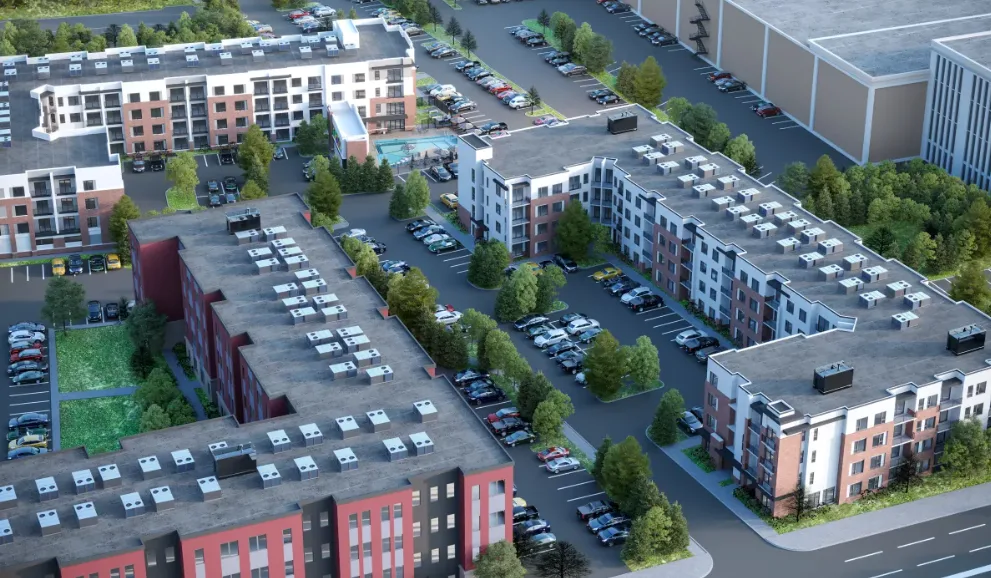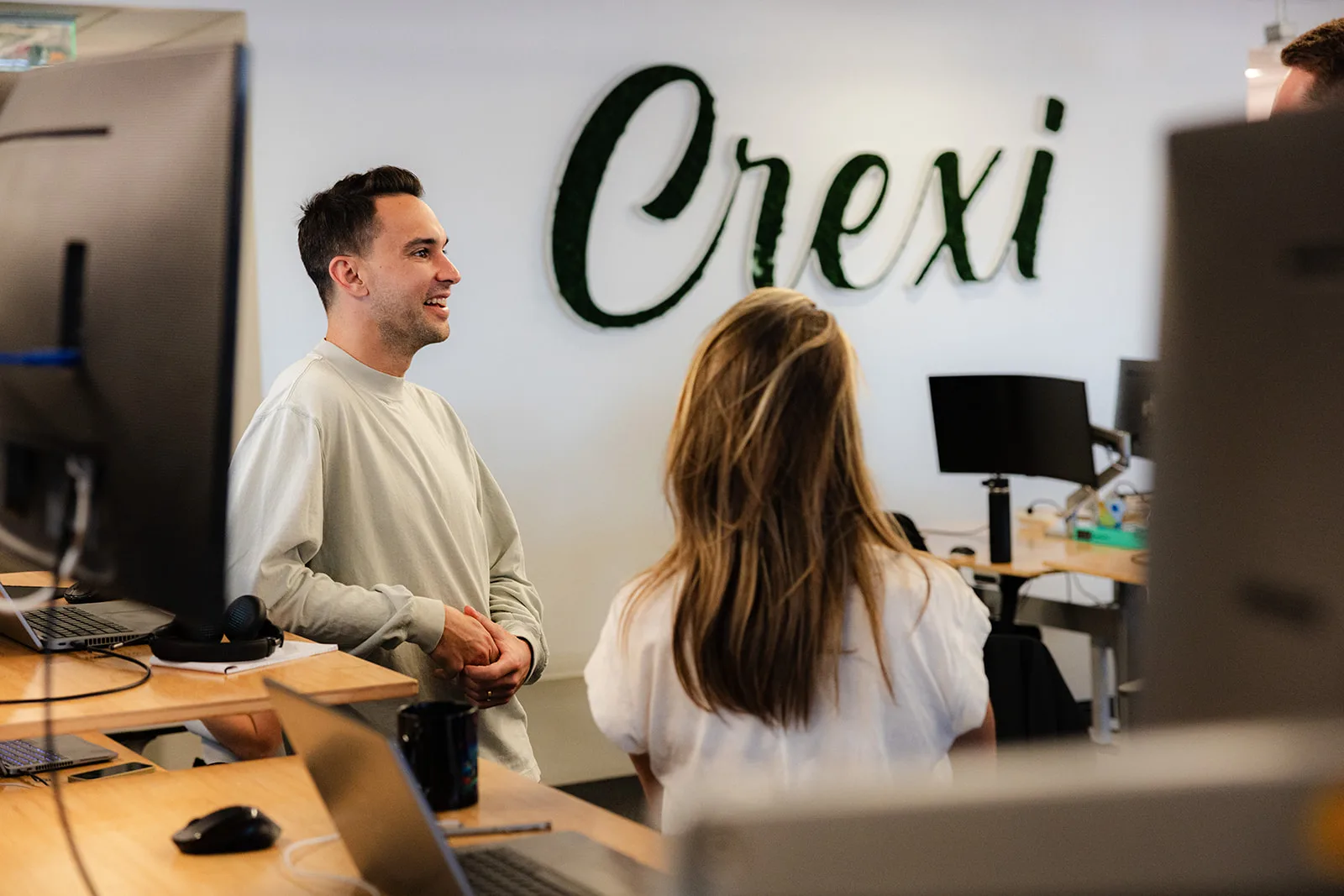In this episode of the No Cap podcast hosts Alex Gornik and Jack Stone welcome Alicia Glen, founder of M Squared, former Deputy Mayor for Housing and Economic Development in New York City, and co-chair of the Gateway Development Commission, the largest infrastructure project in the country.
A lifelong New Yorker and public-private power player, Glen brings a deeply informed and unfiltered take on housing policy, capital flows, and what it actually takes to get projects built in America’s most complex urban markets.
Conversation Highlights
Alex: Let’s start with your background, how did you find your way into housing and urban policy?
Alicia Glen: I grew up on the Upper West Side of New York, same zip code then and now. Back then it was this crazy, beautiful mix of people. You had public housing, Mitchell-Lama buildings, rent-stabilized apartments, and a few brownstones that hadn’t yet turned into seven-figure listings.
That kind of diversity shaped how I see the world. Cities only work when different kinds of people can actually live in them. Everything starts with a roof over your head, if housing isn’t affordable and safe, nothing else matters.
Jack: And your family was already deep in the public sector, right?
Alicia: Oh, totally. My stepmother ran Queens West, my father was counsel to the courts, and my mother was a judge. So growing up, I just assumed everyone worked for the city. When I later ended up at Goldman Sachs, people were like, “Wait — what happened to you?”. But for me, it wasn’t a betrayal of the mission. It was just a different way to serve it.
Alex: You started out in legal services before finance. What made you switch?
Alicia: I began my career as a lawyer doing eviction defense and working in supportive housing. It was fulfilling but limited. I call that “retail change”, you help one tenant at a time. But I wanted to do “wholesale change” to change systems. You can’t fix housing without understanding how money moves, so I went to Goldman Sachs. Everyone thought I was crazy, but I wanted to see what it looked like from the other side of the table.
At Goldman, Glen went on to create one of the earliest dedicated social-impact real estate platforms.
Alicia: We built what we called SIRE, Social Impact Real Estate. The idea was to deploy patient capital in neighborhoods that had been written off for decades. Redlining wasn’t just a historical fact, it was a living financial bias.
We tried to prove you could invest in those markets, make a reasonable return, and still do something transformational. Affordable housing isn’t charity, it’s smart risk management. It’s the most stable asset class in any downturn.
Jack: What did that experience teach you about the relationship between capital and community?
Alicia: That they’re not enemies, they’re partners in the same ecosystem. Any time you build in a city, you’re working alongside government, communities, and neighbors.
You can’t separate private projects from public responsibility, they’re connected from day one. When developers ignore that balance, when they build without thinking about schools, infrastructure, or transit, the city pushes back, and rightfully so.
If you don’t bring people along with you, if you just show up and say ‘Here’s my project,’ you’re done. You have to earn the right to build in a city.
Alex: That balance seems to define what you’re doing now with M Squared.
Alicia: Exactly. M Squared is about changing how capital flows into development. We invest in mixed-income housing and community infrastructure, projects that reflect the people who actually live there.
The US model has separated “affordable” and “market-rate” housing for decades. That’s insane. It reinforces economic segregation and makes neighborhoods brittle. Our approach blends both under one roof. It’s harder to finance, harder to underwrite, but way healthier in the long run.
Alex: How do you decide which markets to focus on?
Alicia: We look for places where people actually need housing and where capital can make a difference, the markets that have been overlooked or redlined but still have strong communities and demand. Everyone wants to talk about “the housing crisis,” but few people actually want to deal with the pain of development, the politics, the years of pre-development, the capital stack gymnastics.
Building housing isn’t easy, if it were, I’d be sitting in St. Barts right now, not here talking about it. It takes years of planning, politics, and patience to bring real projects to life. That’s the reality of development.
To close, we asked what keeps her motivated to keep building, after seeing it all.
Alex: You’ve seen every side of this — public, private, finance, politics. What keeps you going?
Alicia: I still believe in cities. They’re chaotic, alive, and full of contradictions, but that’s what makes them work. When we get the mix of people and opportunity right, there’s nothing better. But that balance only lasts if we keep investing in it.
Cities can’t survive if capital hoards opportunity or if government strangles innovation. You need both forces working together. That’s what keeps me showing up.
Watch the full episode on our YouTube Channel or your favorite podcast app.
Tune in weekly for new episodes of No Cap by CRE Daily!

















